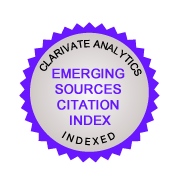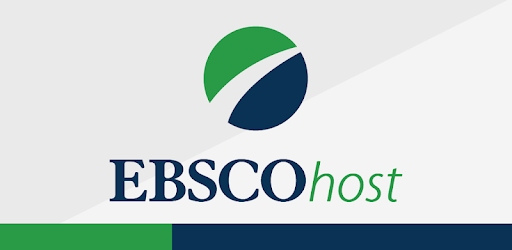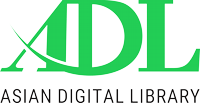E-Learning Readiness among Students of Diverse Backgrounds in a Leading Malaysian Higher Education Institution
DOI:
https://doi.org/10.32890/mjli2018.15.2.9Keywords:
Blended learning, E-learning, gender differences, student diversity, higher education institutionAbstract
Purpose - Blended learning is rapidly emerging as a domain for practice and research. Across disciplines and contexts, at individual instructor and institution levels, educators are experimenting with the blended learning model of instruction. The current generation of learners have been referred to as ‘digital natives’ in reflection of their apparent ease and familiarity with digital technology. However, questions remain about how ready students are for a blended learning model of instruction. The purpose of the study was to investigate students’ readiness for a blended learning model of instruction in a leading Malaysian higher education institution.Methodology - The study employed a non-experimental quantitative research design. Data were gathered from a sample of 235 undergraduate and 131 postgraduate students using the Blended Learning Readiness Engagement Questionnaire (BLREQ). The data was analysed using the WINSTEPS Rasch model measurement software to determine the validity and reliability of the instrument. Differential Item Functioning (DIF) analysis was also used to identify responses based on students’ demographic profiles.
Findings - Findings identified that students were ready for blended learning. Further analysis indicated that there were differences in students’ readiness for blended learning based on gender, age, ethnicity, field of study, and level of education.
Significance - This study provides insights on students’ readiness towards blended learning, particularly in the Malaysian context, discusses implications for blended learning practices in higher education institutions, and offers recommendations for future research.




























